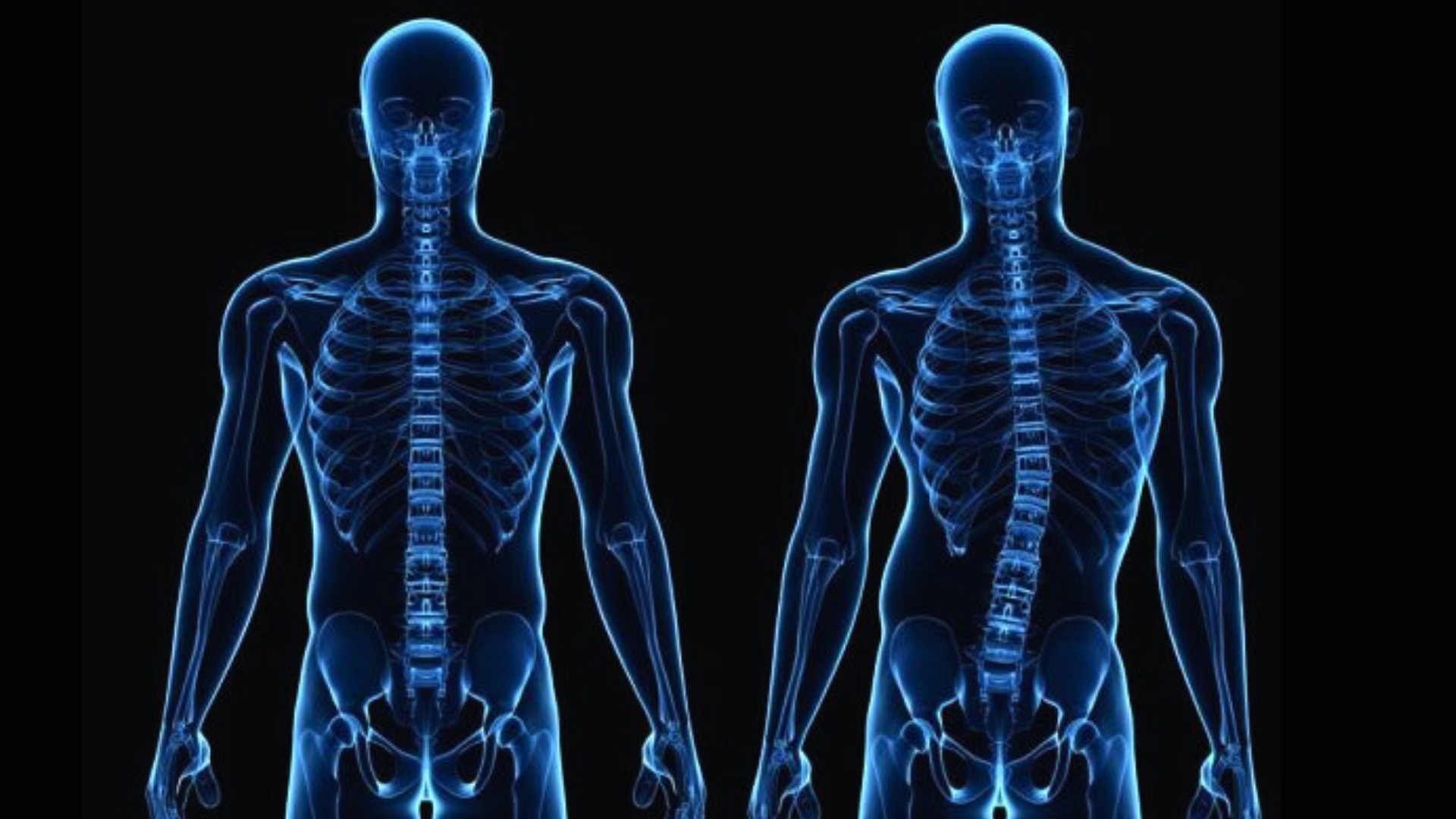
Scoliosis and Deformity Treatment
Thoracolumbar and pelvic surgery for deformity and scoliosis
In the last decade, neurosurgeons have taken the lead in not only nerve and spinal cord decompression but correction of adult deformity. Deformity may occur from recent or remote trauma; falling forward progressively into “kyphosis” due to infection, trauma, cancer, or other causes; progression of rheumatologic disorder, e.g., due to rheumatoid arthritis; progression of congenital disorders, such as Becker’s muscular dystrophy; development of abnormal fractures in the setting of ankylosing spondylitis; acceleration or progression of adolescent scoliosis; or, development of abnormal curvatures from prior surgery.
Correction Options
Our comprehensive approach to spinal surgeries encompasses a range of advanced techniques and technologies. From custom bracing to complex procedures such as anterior cervical and lumbar corpectomies, our expertise covers a wide spectrum of spinal conditions and treatments:
Preoperative Evaluation
Patients who are preparing for scoliosis surgery undergo a rigorous preoperative evaluation, including cardiac clearance, GI emptying studies, pulmonary function testing, endocrine and rheumatologic evaluation.
Postoperatively, patients spend anywhere between 5 days to 30 days in hospital care. Some patients’ surgery will be staged over days. Classically, an Intensivist, a Hospitalist, a critical care specialist, a pain management specialist, and a physiatrist will also be involved in the patient’s hospital care. It does take a village to help a patient with scoliosis regain his or her life.
Hospital Care and Postoperative Period
Postoperatively, patients spend anywhere between 5 days to 30 days in hospital care. Some patients’ surgery will be staged over days. Classically, an Intensivist, a Hospitalist, a critical care specialist, a pain management specialist, and a physiatrist will also be involved in the patient’s hospital care. It does take a village to help a patient with scoliosis regain his or her life.